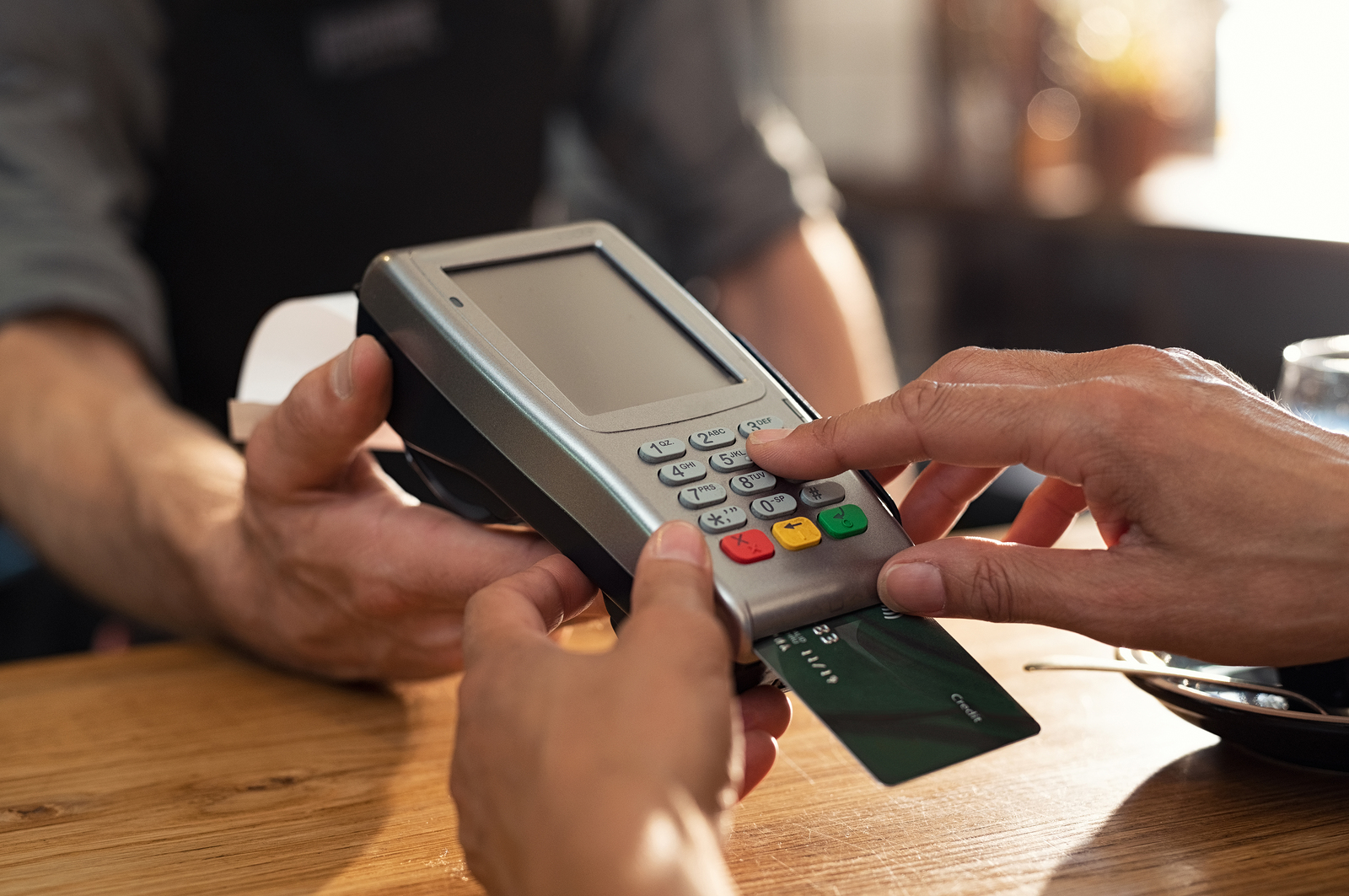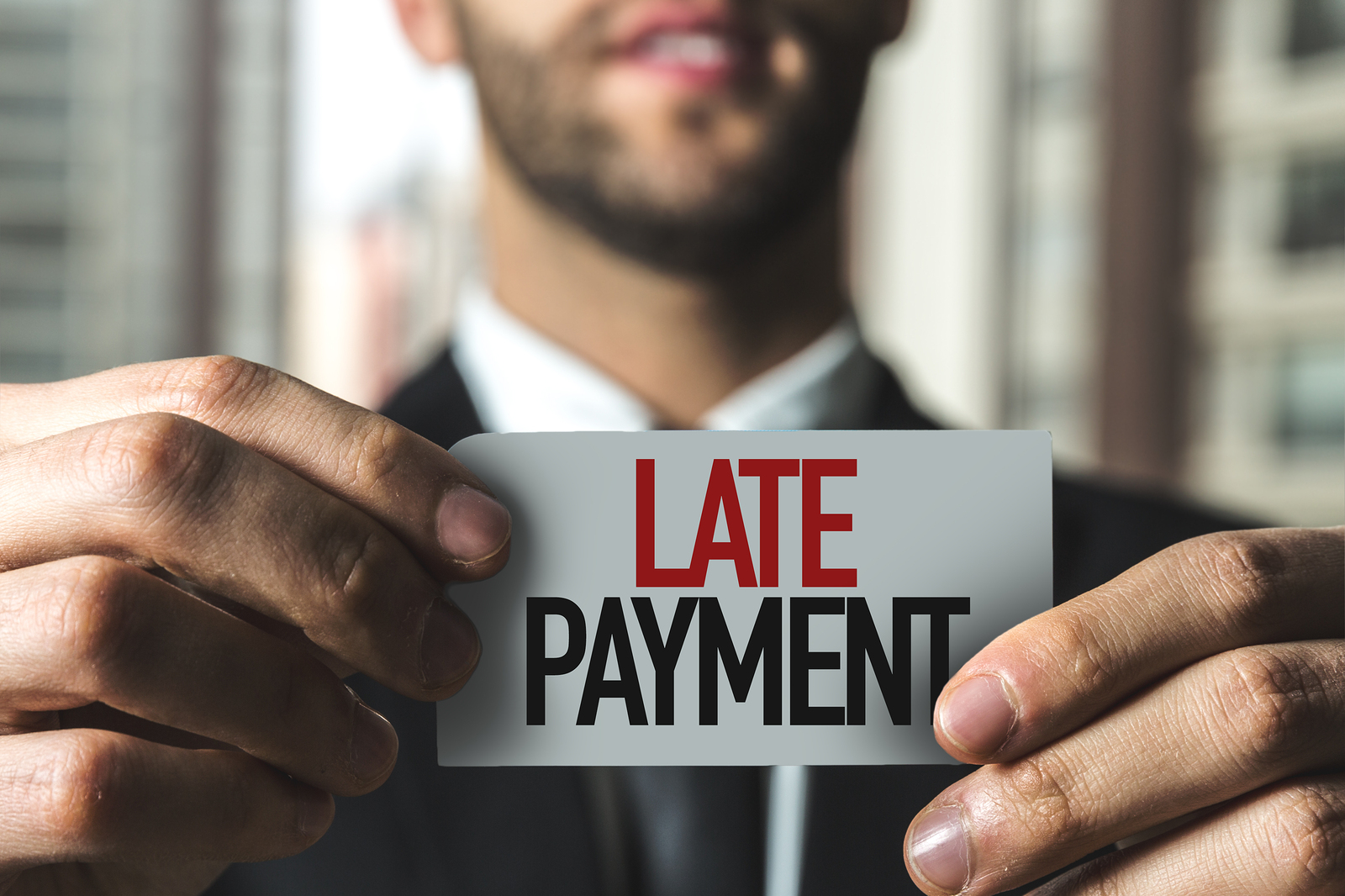According to payments provider Square, 40% of UK micro-businesses don’t accept card payments, despite digital transactions being the preference of 47% of the country’s shoppers.
With this contrast of statistics in mind, we want to point out just a few reasons why you should consider embracing card payments as a small business or start-up:
1. Quicker and more efficient
It goes without saying that one of the main benefits of accepting card payments is that it makes your operation much slicker, especially with the rise of contactless transactions. Customers can now simply tap-and-go, or use chip & pin rather than having to count out coppers and wait for change.
2. Less risk of counterfeit payments
Again, with card payments, the act of exchanging physical money is negated which not only makes for more accurate transactions, it also significantly reduces the risk of fraudulent payments. Digital transactions will hopefully have a positive influence on stalling the circulation of counterfeit notes and coins.
3. No need to dash to the bank
As no tangible cash is involved in digital payments, you won’t need to rush to the bank before it closes to pay it all in. Ah, the joys of modern technology.
4. Facilitating online and phone payments
These days, you need to make sure that accessing your products or services is as streamlined as possible – or fear losing your customers to the competition. Opening options to pay online or over the phone using a card is one effective way to do this.
5. Money goes straight into your account
As we said up there, you won’t need to frog march to the bank on your way home every night to cash paper money. With card payments, the balance hits your bank straight away, completely hassle-free.
6. No limits on time and location of spending
According to UK Finance 85% of consumer payments in 2017 were spontaneous.
Limiting your customers to cash-only means they are also restricted to shopping within the confines of your opening hours. Digital payments mean they can shop with you online whenever they like, even if it’s at 3am on the way in a taxi.
7. More stringent security measures
Cash is harder to control, whereas card payments leave a digital footprint which can be traced and tracked as required. They are also subject to far more security barriers and checks than paper money transactions.
8. Digital analysis and reports
The aforementioned digital footprint left behind by cash payments also means that vendors and business owners can take advantage of comprehensive transactional reports. This way, you can keep a close eye on customer spending patterns, which can then inform your ongoing strategy.
We’re full of good ideas to help you maximise your business. Talk to us today.









Leave a Reply